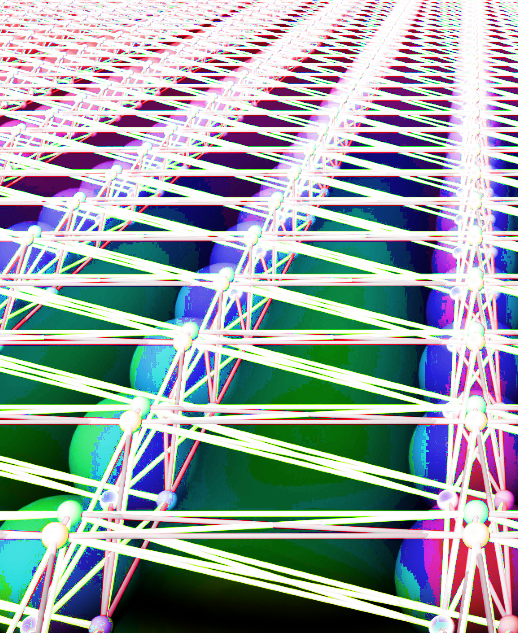Quantum bid could steer ships
 Australia's recent decision to invest $1 billion in PsiQuantum for a quantum computer is rooted in longstanding defence concerns.
Australia's recent decision to invest $1 billion in PsiQuantum for a quantum computer is rooted in longstanding defence concerns.
Defence planners have long feared the vulnerability of military information systems reliant on satellite GPS, which can be disabled by adversaries.
A recent test conducted during the 2022 PACRIM navy exercise may provide insight into this significant investment.
Quantum devices were placed aboard the HMNZS Aotearoa, a New Zealand navy supply vessel, as Australian officials and other Five Eyes intelligence allies observed whether these boxes could reliably navigate the ship over three weeks without GPS assistance.
The successful demonstration reportedly showed that a navy ship could navigate in real-world maritime conditions without GPS.
This prompted US Air Force researchers to declare that quantum-based navigation could be ready for practical use within three to five years.
This technology holds promise not only for surface vessels but also for submarines, as GPS is ineffective underwater. This advancement is seen as potentially revolutionary for next-generation submarines, a key component of the AUKUS partnership between Australia, the UK, and the US.
The Mitchell Institute for Aerospace Studies has highlighted the significance of quantum developments, with recent research papers calling for the US to use the AUKUS agreement to fast-track quantum defence capability
“AUKUS is more than nuclear submarines” said the institute’s senior resident fellow and defence expert Heather Penney.
“This second AUKUS initiative could prove far more transformational than Pillar One (the nuclear subs program).”
The experts say that the quantum industrial sector's small-scale nature means it will only progress rapidly with direct investments from defence agencies.
This insight could help explain why Australia chose to invest heavily in PsiQuantum to secure its own photonic quantum computer.
Former US submariner and Navy strategist Bryan Clark, in a paper for the Australian Defence Force (ADF), noted that quantum sensors could significantly enhance the capabilities of robotic underwater vehicles (UUVs).
These vehicles, central to electronic warfare, benefit from the high sensitivity of quantum sensors to detect even the smallest disturbances in the underwater environment.
Artificial intelligence algorithms are already aiding in processing the vast amounts of data generated by these sensors.
This was underscored by Defence Minister Richard Marles, who in December signed a joint technology program with AUKUS partners to develop AI and machine learning for enhanced military capabilities, including quantum technologies for positioning, navigation, and timing.
The secrecy surrounding the selection process, despite promises of transparency under the Made in Australia program, is being taken as a sign of the sensitive nature of this military quantum initiative.








 Print
Print